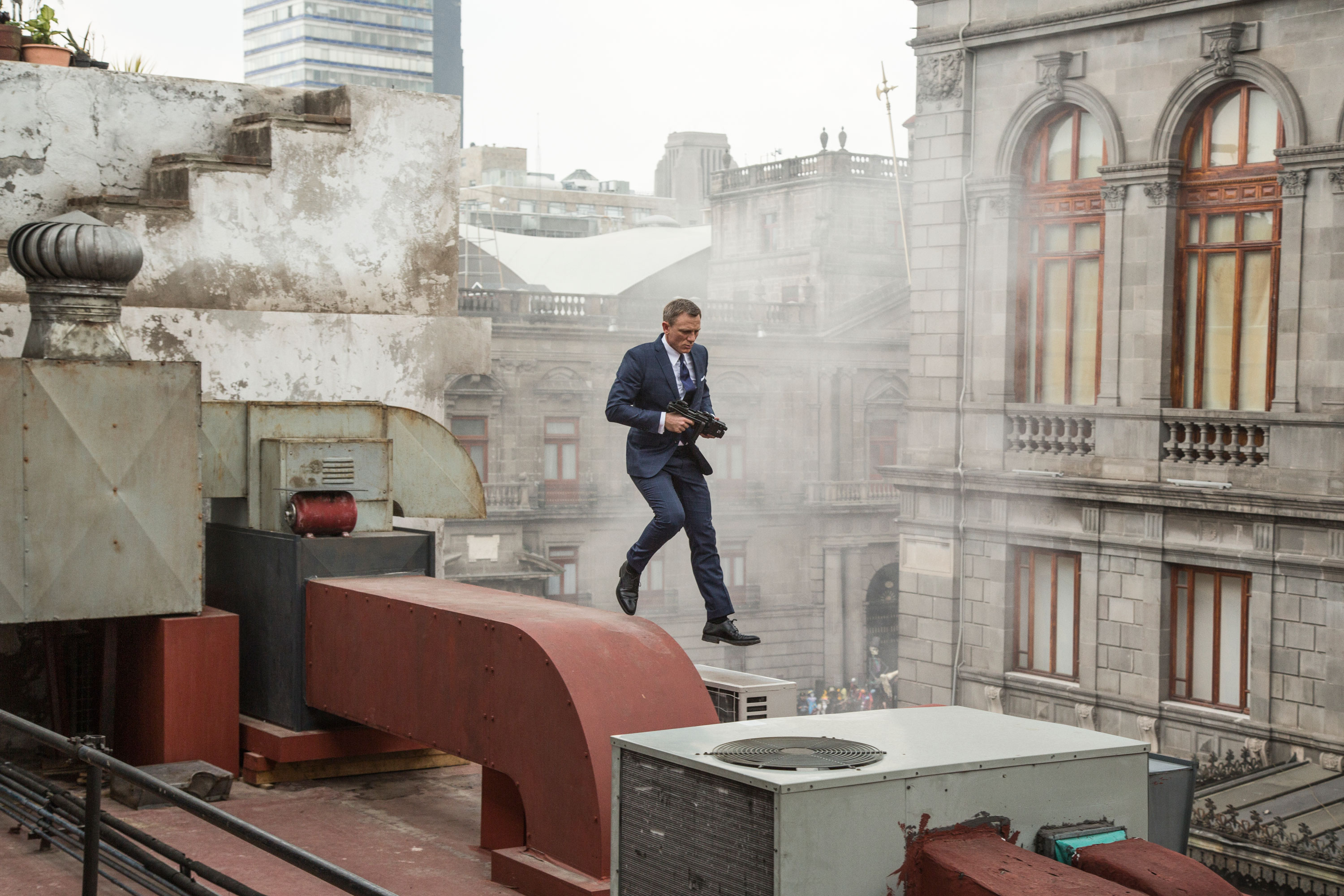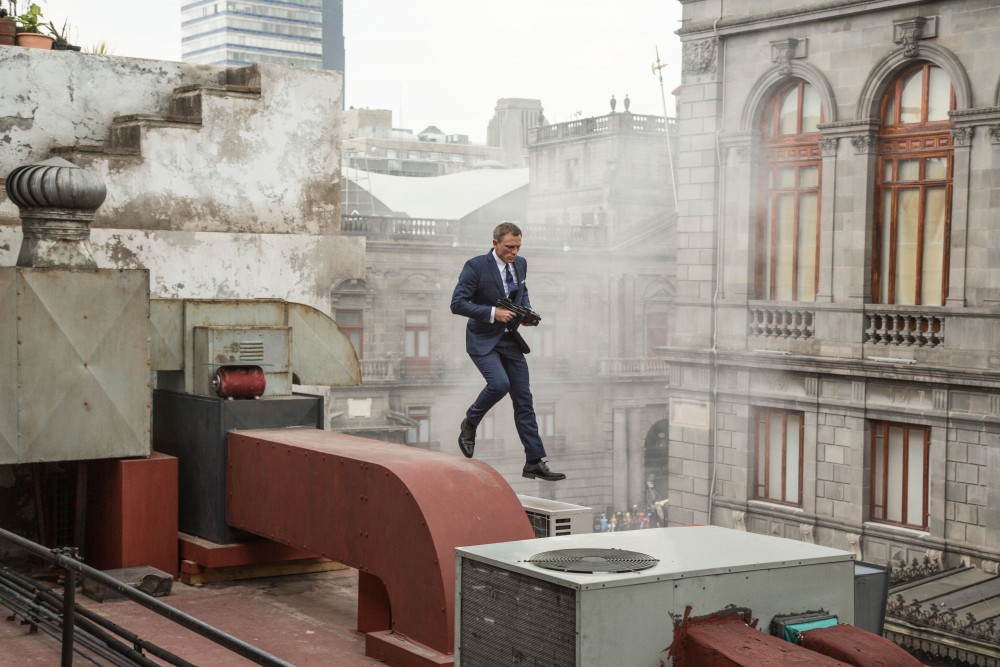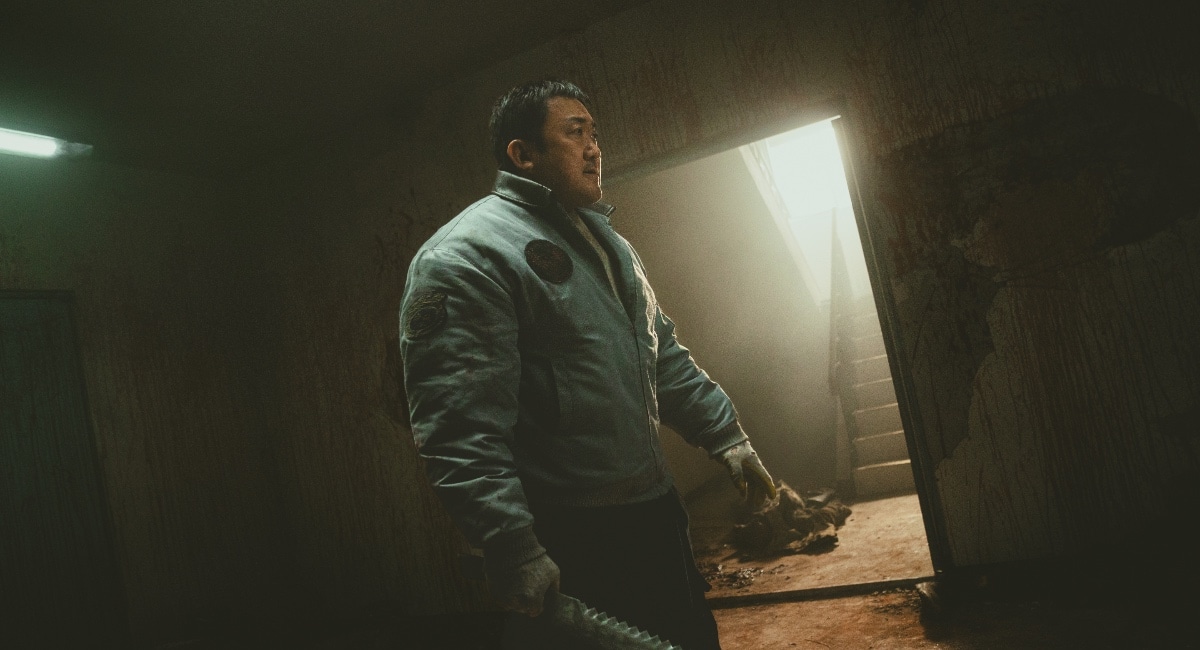The Daniel Craig era of Bond has been a bit of a strange beast. While his tenure has added a greater physicality to the generally lithe spy-antics of Britain’s favorite undercover agent, there’s also a sense that the filmmakers, and maybe more specifically, the producers, have been in the habit of chasing cinematic trends in order to make the property more relevant for a younger, less patient audience. Casino Royale, along with the reviled Quantum of Solace, played Bond in the Jason Bourne mold. After that well had basically been tapped, EON Productions enlisted Oscar winner Sam Mendes, easily the most prestigious director the franchise has ever had under its employ, to again re-invigorate 007. His first attempt, Skyfall, was a technical marvel that was pitched under a heavy dash of The Dark Knight and some of the most striking visuals seen in the current blockbuster era.
In short, Skyfall was the Bond film that even non-Bond fans could appreciate and was the perfect culmination of the property’s 50th anniversary. Combining popular appeal with critical acclaim, it gave 2012 yet another billion dollar grossing film and showed that Bond could still play with Batman, Iron Man and the like.
To say Mendes’ follow-up, Spectre, is highly anticipated would be an understatement of fairly large proportions.
Spectre picks up where Skyfall left off, with Bond chasing down some unfinished business of the previous M (Judi Dench), while the new M (Ralph Fiennes) is dealing with the merger of MI5 and MI6 and his new working relationship with bureaucrat Max Denbigh (Andrew Scott), whose interest in creating a Big Brother-style surveillance system runs counter to everything the MI6 team has worked towards. After the mission Bond is on goes wrong, M grounds our favorite agent, in no small part due to the mounting political pressures at home. But thanks to Q (Ben Whishaw) and Moneypenny (Naomie Harris), he’s able to continue this secretive mission, which unconvers a conspiracy far deeper than he could have expected (one of a very personal nature) and an insidious organization that bears the title name.
For the first hour of Spectre‘s running time, its hard to imagine what could go wrong. The opening sequence, which takes place in Mexico during a very timely Day of the Dead festival, is visually lush and an utterly bravura action sequence. While he’s not teamed with Skyfall DP Roger Deakins, Mendes’ subs in Hoyte Van Hoytema (of Interstellar and Her), who is not quite as flashy as Deakins, but still paints a gorgeous vista in subsequent set pieces and is aided by Mendes’ knack for clear action filmmaking and well timed bits of levity. What’s also fairly incredible about this (slightly less than) half of the film is how it so warmly embraces the elements of series lore. Gadgetry, shadowy cabals, hulking henchmen, a woman with ties to the evil behind it all, villainous insignia rings; these aspects have all somewhat been strangers during the grittier Craig era and given the status quo shift we saw at the end of Skyfall, this is exactly where many had hoped these films would go. It’s pulpy Bond fun at its best with an honest to god auteur calling the shots behind the camera. In addition, Craig is great, as always and basically could run this role in his sleep. Whishaw also gets a few nice bits of his own and is easily the stand-out of the supporting cast.
Much like the Titanic, Spectre is a gorgeous, unsinkable vessel…until it hits that proverbial iceberg. In this case, it’s an attempt at something that’s never been done in Bond films before that starts the decline. The script takes aim at attempting to tie together the three previous films of this current run, and in doing so, introduces two characters that represent the entirety of that enterprise. One of which, played by Lea Seydoux, is the daughter of another returning player in Bond’s life and basically takes over the focus of the second half of the film as the sidekick. The other, is Christoph Waltz’s Oberhauser, who is the key antagonist. Neither is particularly served well by the developments of the film in its last hour. Craig hasn’t exactly had the best “Bond girls” to work with, but Seydoux’s Madeleine Swann is a painfully underwritten character, and developments that occur between them defy belief. Oberhauser, on the other hand, is a laughably absurd villain that will surely make the more cynical audience members’ eyes roll right out of their heads. Waltz may be somewhat one-dimensional, but it’s a shame to see that multiple Oscar-winning talent go completely to waste over an idiotic narrative.
Returning to the earlier point; in this entry, John Logan, Neal Purvis, Robert Wade, and Jez Butterworth (the amount of screenwriters highlighting the reported struggles that occurred during production) aim to create a sort of “connected” Bond universe in the Marvel house-style, but chasing this particular wave proves in error as the on-going joy of Bond films lies in their stand-alone nature. There’s a reason why QoS has been forgotten by everyone (including the screenwriters basically) while Skyfall remains hailed as a high-water mark. This approach also weakens the films the precede it to an extent that I found incredibly annoying, though to elaborate further would risk spoilers. Perhaps if the construction of the antagonist just wasn’t so regrettable, or if the plot just wasn’t so darn similar to a particular Marvel film, some of this could have been easier to swallow
Mendes too falls somewhat out of his element in this much more turgid second half, as the script pulls away from the outdoor environs that worked so well for him in the past. One of the pure joys of his vision of this world is how strikingly different he manages to make each visited country appear in the travelogue that always marks these efforts. One need only take in his approaches to Shanghai and rural Scotland in the last film and Spectre‘s ventures into Mexico and Austria to get an idea of just how he carefully he curates the universe that his protagonists operate in. It’s with disappointment then, that Spectre takes a turn for anonymous hallways, traincars and labyrinths to parlay its remaining action. While none of these settings are necessarily new for series devotees, you can sense a certain lack of passion coming from its filmmaker at this point and the onslaught of gray and orange tones lends itself to audience tedium. A Bond film should never be boring, even at its most ridiculous, and unfortunately, Spectre’s nearly two and half hour running time starts to feel like four. The fact that there are at least six, to my count, action set pieces, provides little help on that end, particularly given the diminishing returns on each.
When Spectre is good, it’s great, when it’s bad, it’s downright awful. Unfortunately, in cinema, if your ending veers towards the less-desired end of that scale, it’s a lost cause. This was easily one of the most deflating cinematic experiences I’ve had in recent memory.
Also, it should be a federal crime to waste Monica Bellucci so badly.









It’s beyond me why the general consensus finds Skyfall any good. The last hour hiding in that dark castle blowing stuff up was the most boring time I’ve spent in a cinema in ages. Which includes a couple of Michael Bay movies, that’s saying something. At least QoS was colorful.
Comics fans gushed over SKYFALL like no movie I’ve seen in years. I thought it was a good movie, but not the second coming of CITIZEN KANE. And that’s how a lot of fans treated it. Maybe these fans need to see more movies.
Comments are closed.